Millennials Aren't as Strong as They Think They Are
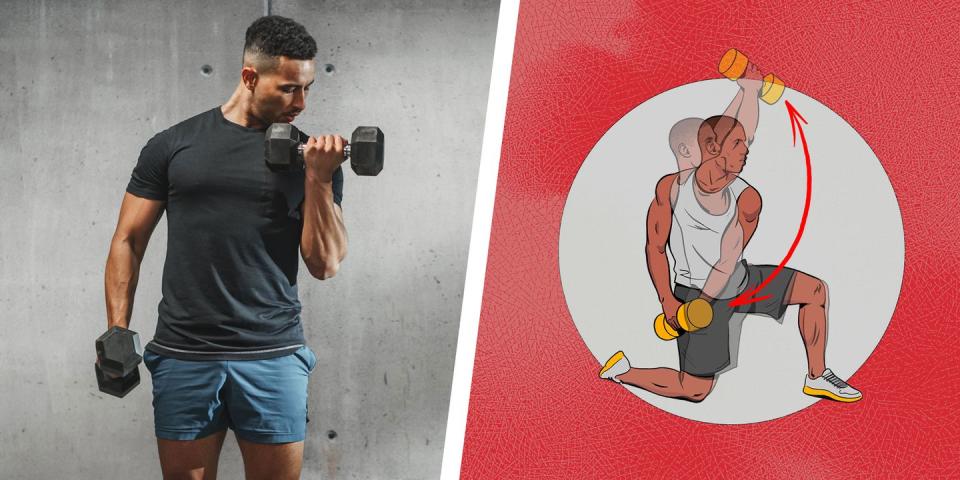
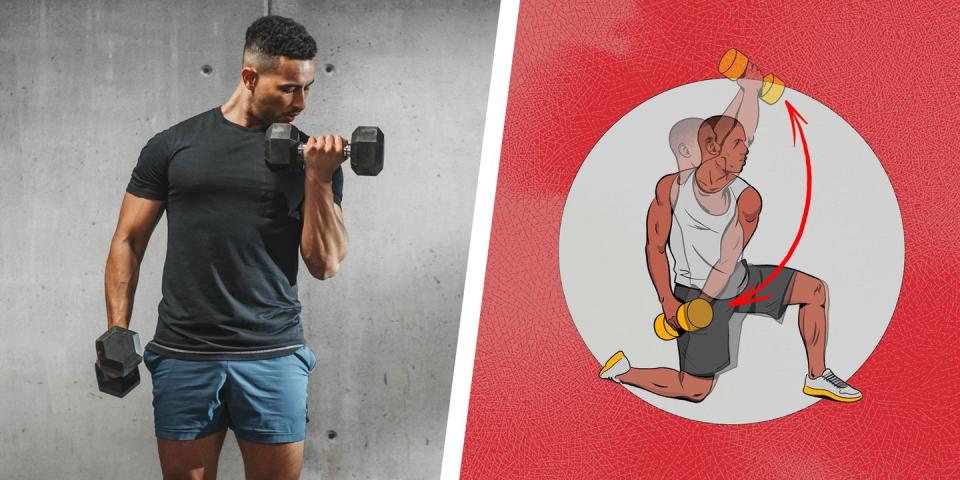
This story is part of our annual Fit At Any Age series—a guide to the innovations and breakthroughs in aging to help you live a stronger, longer life.
EVERY GENERATION THINKS the one that comes after them is softer and snowflakier than their hearty, badass selves. But a few years ago a team of researchers at Winston-Salem State looked at the grip strength of millennials ages 20 to 34 and compared the data with that of people in the same age bracket in the 1980s, and you will never guess what the researchers discovered. They found grip strength—a good indicator of overall strength—had dropped by up to 22 percent in men, proving that millennials are, in fact, weaker than their parents. Gen Z is likely even weaker. These declines in strength matter because you need a reserve of muscle to maintain a high quality of life in your 70s, 80s, and beyond. So what’s causing this millennial strength crisis, and what can we do about it?
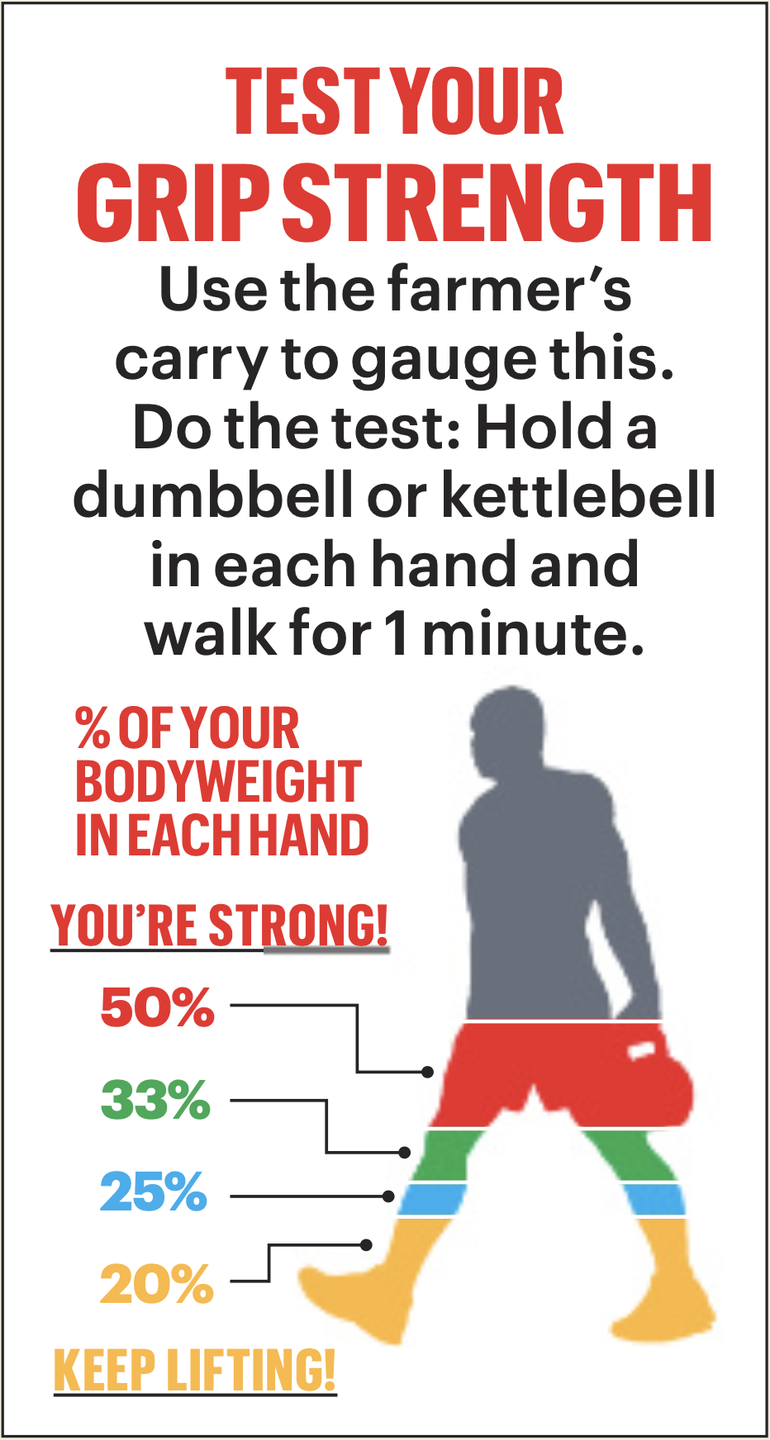
Modern life is less physically demanding for many. This starts in school, where daily PE is no longer the norm, and continues in the workplace. In 1950, about 30 percent of Americans worked in high-activity occupations (think farmers, laborers, construction workers); by 2000, that proportion had dropped to 23 percent, according to research from the Saint Louis University School of Public Health. Conversely, the percentage of people working in low-activity jobs (think managers, teachers, scientists) rose from 23 percent to 41 percent.
But what about the hours millennials spend at the gym? People born between 1980 and 1999 account for 35 percent of gym memberships, the leading age group, according to a recent report. Time in the gym doesn’t always equal strength. Fitness social media, with its emphasis on wild moves and fad workouts, is creating confusion. Plus, many millennials prefer a buffet approach, sampling lots of different workouts rather than following a structured program, which is the proven way to build strength.
That’s why we created this simple eight-week plan to deliver total-body strength. It’s aimed at millennials, who still have time to build grip strength, which peaks between your 30s and 40s. If you’re older, it will help you get stronger, too.

The Forever-Fit Strength Plan
You need a set of dumbbells—light (10 pounds), medium (20 pounds), and heavy (40 pounds). We broke this down into two 40-minute workouts: Day A and Day B. Train every other day for eight weeks. Focus on: Intensity: Make sure the final three reps of each set are challenging enough that you are unsure if you can finish. Increase the weight as you get stronger. Form: Doing the moves the right way is more important than finishing a set. Recovery: You may feel some soreness the next day. (It’s a sign your muscles are responding.) Note: Getting good sleep has a direct connection to your workout results.
Workout A
Do 3 sets of 12 reps, unless otherwise noted, with 90 seconds of rest between sets.
Romanian Deadlift
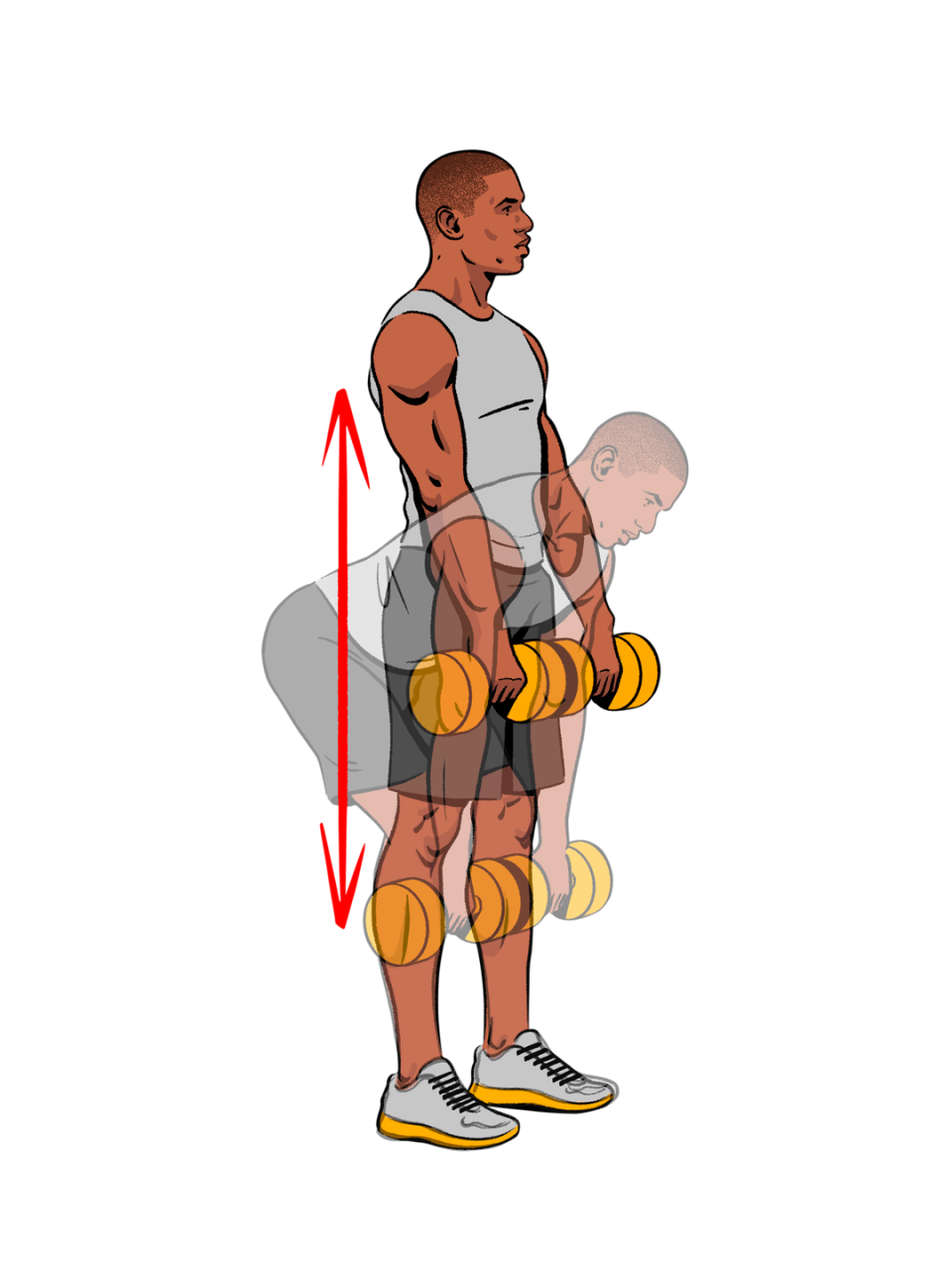
Push your hips back and lower your torso until it’s parallel to the floor. Hold, then squeeze your glutes to stand. That’s 1 rep.
Goblet Squat
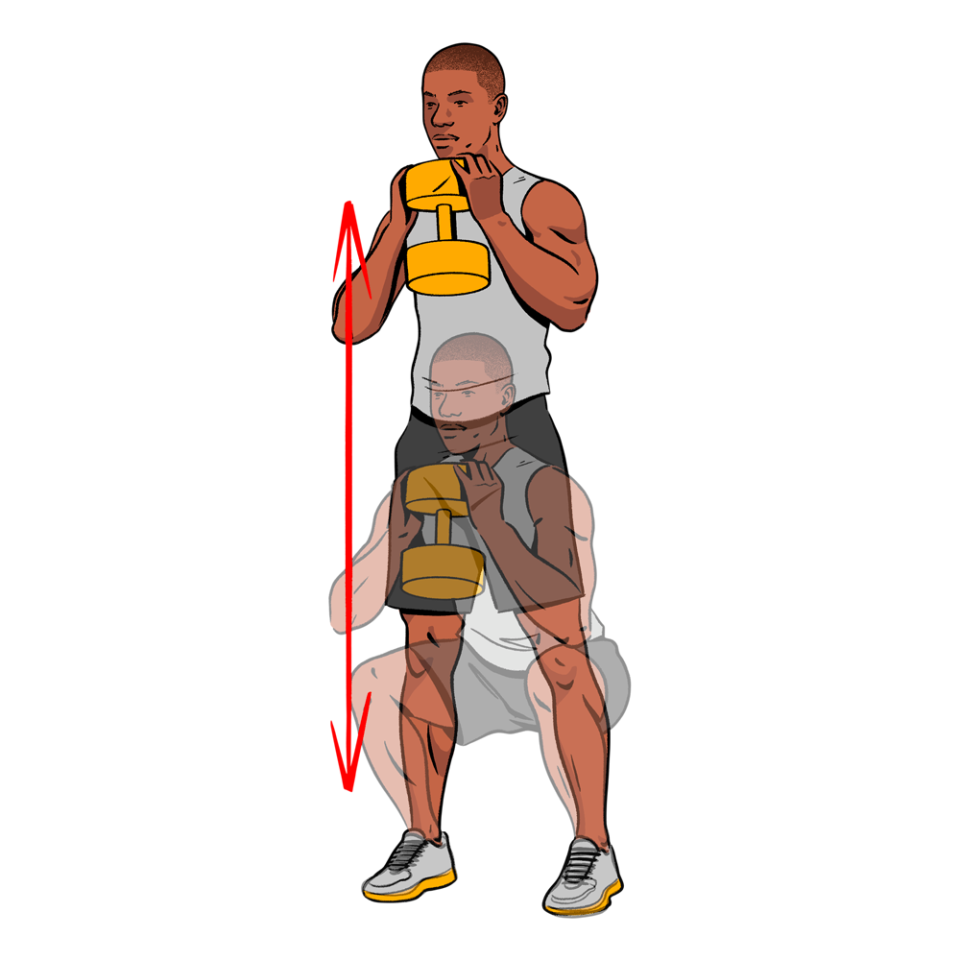
Hold a dumbbell in both hands tight to your chest and sink into a squat. Engage your quads and glutes to rise. That’s 1 rep.
Lateral Lunge
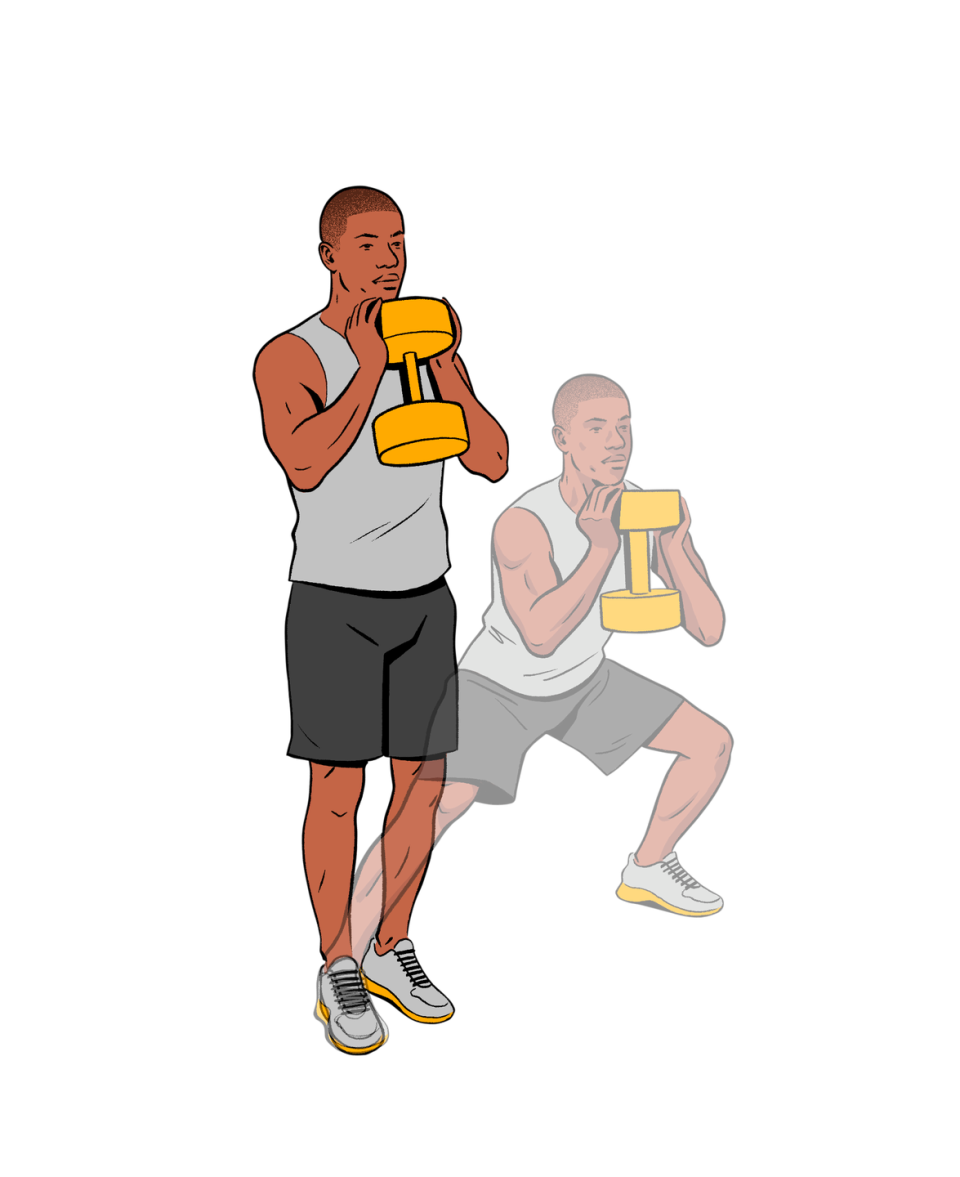
Step 2 feet to the left. Sit back; aim to get your left thigh parallel to
the floor. Press back up.That’s 1 rep; do 8 per side.
Hammer Curl
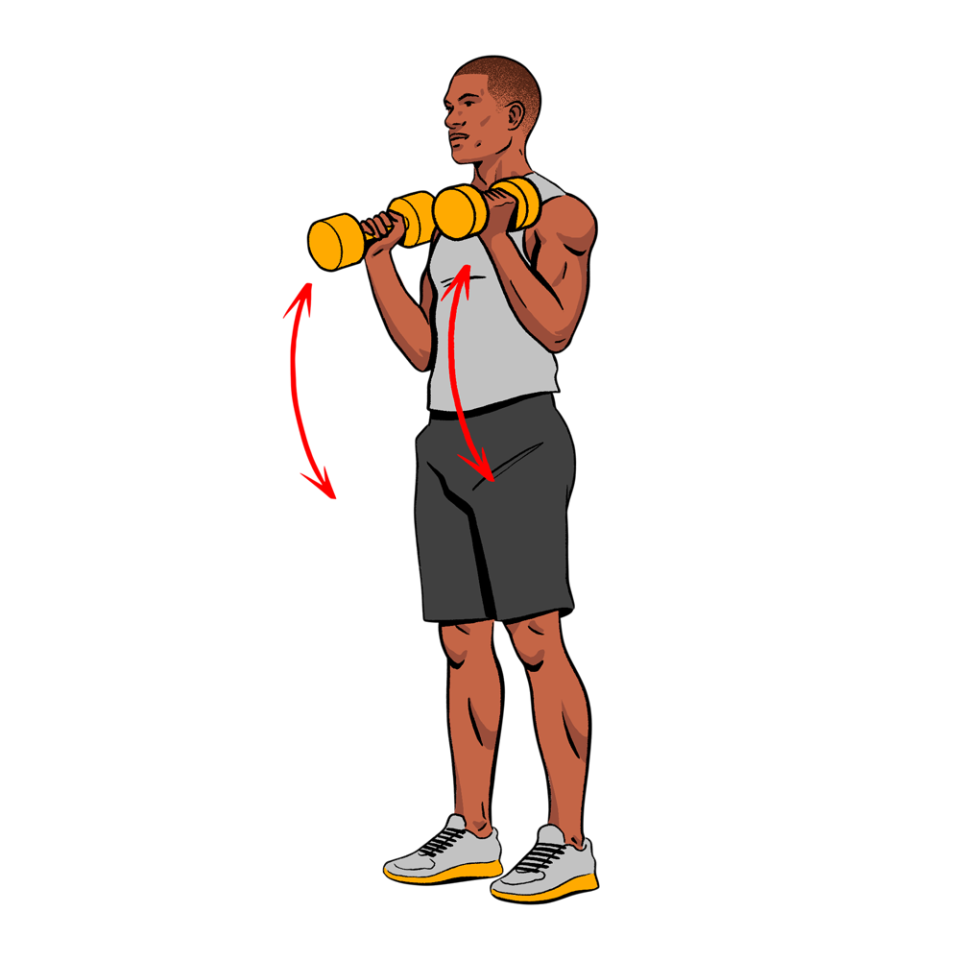
Without moving your upper arms, curl the dumbbells upward, pause, then slowly lower back down. That’s 1 rep.

 Yahoo Autos
Yahoo Autos 